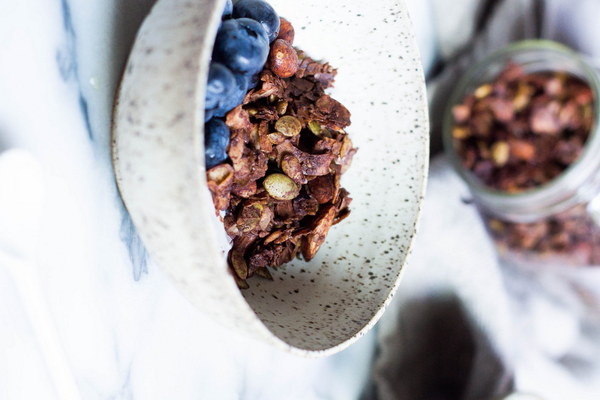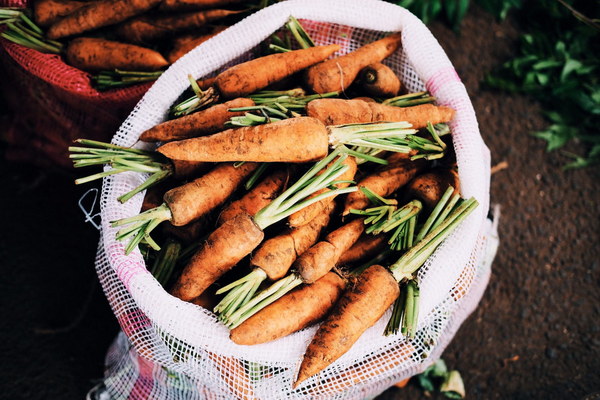Best Foods to Strengthen Qi and Nourish Your Lungs for Qi Deficiency
In traditional Chinese medicine, Qi (vital energy) is essential for maintaining health and vitality. When there is a deficiency of Qi, it can lead to weakness, fatigue, and respiratory issues. To combat this, it is important to consume foods that can strengthen Qi and nourish the lungs. Here are some of the best foods to incorporate into your diet for Qi deficiency and lung nourishment.
1. Ginseng
Ginseng is a well-known herb in traditional Chinese medicine for its ability to boost Qi and enhance vitality. It is believed to improve lung function and strengthen the immune system. There are several types of ginseng, including American, Asian, and Siberian, each with its unique properties. You can consume ginseng in various forms, such as raw, dried, or as a tea.
2. Goji Berries

Goji berries, also known as wolfberries, are rich in antioxidants and have been used in Chinese medicine for centuries. They are believed to boost Qi, improve energy levels, and support lung health. You can enjoy goji berries as a snack, add them to salads, or incorporate them into smoothies.
3. Pumpkin
Pumpkin is not only delicious but also highly beneficial for Qi deficiency and lung health. It is rich in vitamins, minerals, and antioxidants, which can help strengthen the immune system and improve lung function. You can consume pumpkin in soups, stews, or as a healthy snack.
4. Honey
Honey has been used in traditional Chinese medicine for its ability to nourish the lungs and boost Qi. It is a natural remedy for coughs, sore throats, and other respiratory issues. To maximize its benefits, consume honey in moderation, adding it to tea or as a sweetener in recipes.
5. Chicken Soup
Chicken soup is a comforting and healing dish that has been used for centuries to treat colds, coughs, and respiratory infections. It is believed to boost Qi, nourish the lungs, and provide essential nutrients for recovery. Make sure to use free-range, organic chicken for the best results.
6. Sesame Seeds
Sesame seeds are rich in minerals like zinc, calcium, and iron, which are essential for Qi and lung health. They can be sprinkled on salads, added to stir-fries, or consumed as a healthy snack. Sesame oil is also beneficial, as it can be used for cooking and as a massage oil.
7. Black Sesame Seeds
Black sesame seeds are similar to white sesame seeds but have higher antioxidant content. They are believed to be particularly effective for nourishing the kidneys and lungs, which are closely related in Chinese medicine. Consume them in the same way as white sesame seeds.
8. Garlic
Garlic is a powerful immune-boosting food that can help strengthen the lungs and fight off respiratory infections. It is also believed to boost Qi and improve overall energy levels. You can add garlic to various dishes, such as soups, stews, and stir-fries.
9. Green Tea
Green tea is rich in antioxidants and has been shown to improve lung function. It is also believed to boost Qi and promote overall health. Enjoy a cup of green tea daily, or add it to your cooking for a delightful flavor.
10. Adzuki Beans
Adzuki beans are a great source of protein and fiber, which can help support Qi and lung health. They are also believed to be beneficial for the kidneys, which are connected to the lungs in Chinese medicine. Incorporate adzuki beans into soups, salads, or as a side dish.
By incorporating these foods into your diet, you can help strengthen your Qi and nourish your lungs. Remember to consult with a healthcare professional or a traditional Chinese medicine practitioner before making significant changes to your diet or starting any new treatment.









